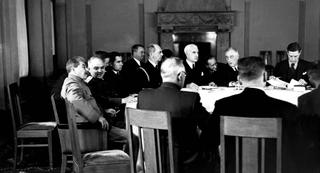
The experience of the Soviet-American-British wartime coalition was unique and inimitable. Pulling the U.S.-Russian relationship back from the brink of confrontation to less antagonistic rivalry will only be possible in the event of major changes in the domestic politics of one or both countries.

Podcast host Alex Gabuev is joined by Andrey Movchan, a nonresident scholar in the Economic Policy Program at the Carnegie Moscow Center, and Maria Shagina, a postdoctoral fellow at the Center for Eastern European Studies at the University of Zurich, to discuss the impact of Western sanctions on the Russian economy.

Washington’s recognition of the Armenian genocide is far from the main problem in U.S.-Turkish relations, which have been in crisis now for several years.
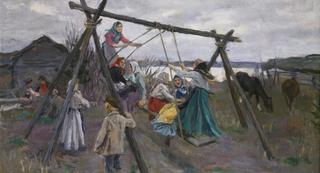
The deliberate stoking of tensions to enable a show of strength followed by an equally deliberate retreat could become an everyday tool used in foreign policy: a regular swing of the pendulum between escalation and de-escalation.
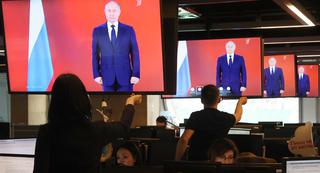
The communication channels between the president and society are shrinking. Some events are apparently too important for the president to discuss seriously with the public, while others are uninteresting or unpleasant for him, so they aren’t discussed either, no matter how big those issues might be.

Russia will likely watch how the Armenian election campaign unfolds, helping first one side and then the other. It has many levers of influence there, but not enough to assume complete control.

Biden’s call to Putin confirmed that unchecked escalation is not part of the new U.S. administration’s plans. Tough rhetoric, preemptive escalation, and the announcement of new sanctions were necessary for Biden to start the inevitable conversation with Russia.
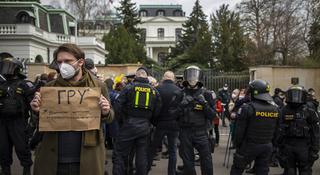
With the weekend’s developments in the Czech Republic and Belarus, the new border between Russia and the West is calcifying, eliminating not only movement from one side to the other, but also the freedom not to choose a side.
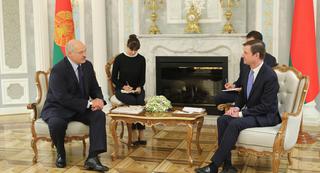
There are tough times ahead for U.S.-Belarusian relations. Reimposing sanctions will lead to a new stage of the diplomatic crisis and a further toughening of rhetoric.
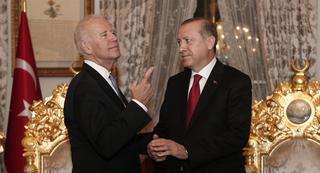
Turkey has been sitting on two chairs, doing geopolitical business with Russia and calling on the United States on a case-by-case basis when interests happen to converge. Now the United States is giving Turkey a taste of its own medicine, and applying its own version of transactionalism.
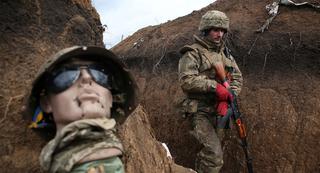
Perhaps the most important thing for the Russian leadership in this episode was to prevent the need to actually go to war against Ukraine in the future. Going overkill in terms of military maneuvers on the Ukrainian border now may avoid the need to do terrible things at a later point.
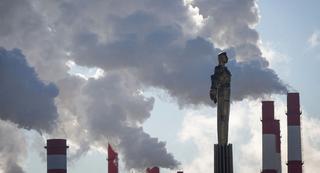
For now, neither Russian business nor the government or society understands the problem of climate change and why they should be doing anything about it. This lack of understanding could ultimately be more damaging to the Russian economy than all the current Western sanctions.
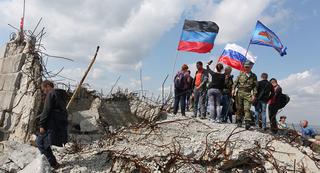
With Moscow massing its troops on Ukraine’s eastern border and in Crimea, Kyiv has little chance of standing its ground if the standoff deteriorates into a military confrontation. Yet there are reasons to believe that neither side intends to unleash a war.
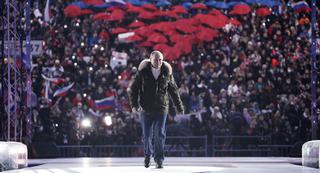
To save its approval ratings, the Kremlin might be better focusing its energy elsewhere.
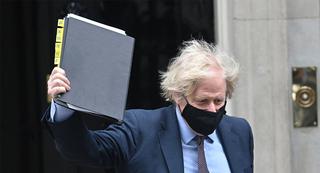
The British government’s Integrated Review implies that there can be no cooperation with Moscow until the Russian government either changes its policies in a fundamental way or is replaced by a government with a very different policy agenda.
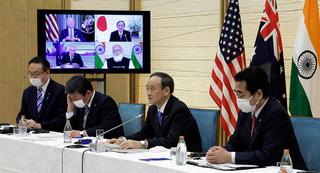
Podcast host Alex Gabuev; Darshana Baruah, an associate fellow at the Carnegie Endowment for International Peace; and Michito Tsuruoka, an associate professor at Keio University in Tokyo, examine relations in and around the Indo-Pacific.
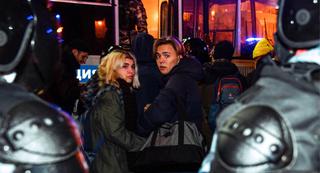
A generational shift will take place if young Russians decide to break with the values of an antiquated state. This process could take a very long time and include periods of regression, but it could also happen much quicker than expected.
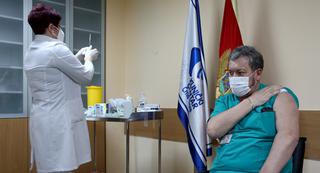
This episode looks at the domestic and international reception of Russia’s Sputnik V vaccine.
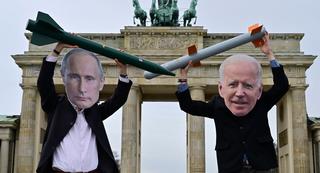
Three decades after the collapse of the USSR, the mindset of Soviet-American détente and “equal, mutually beneficial cooperation” is hopelessly outdated.

The political messages of the opposition aren’t enough to rouse the average Russian, who still fears one thing above all: that a change in political regime might only make things worse.